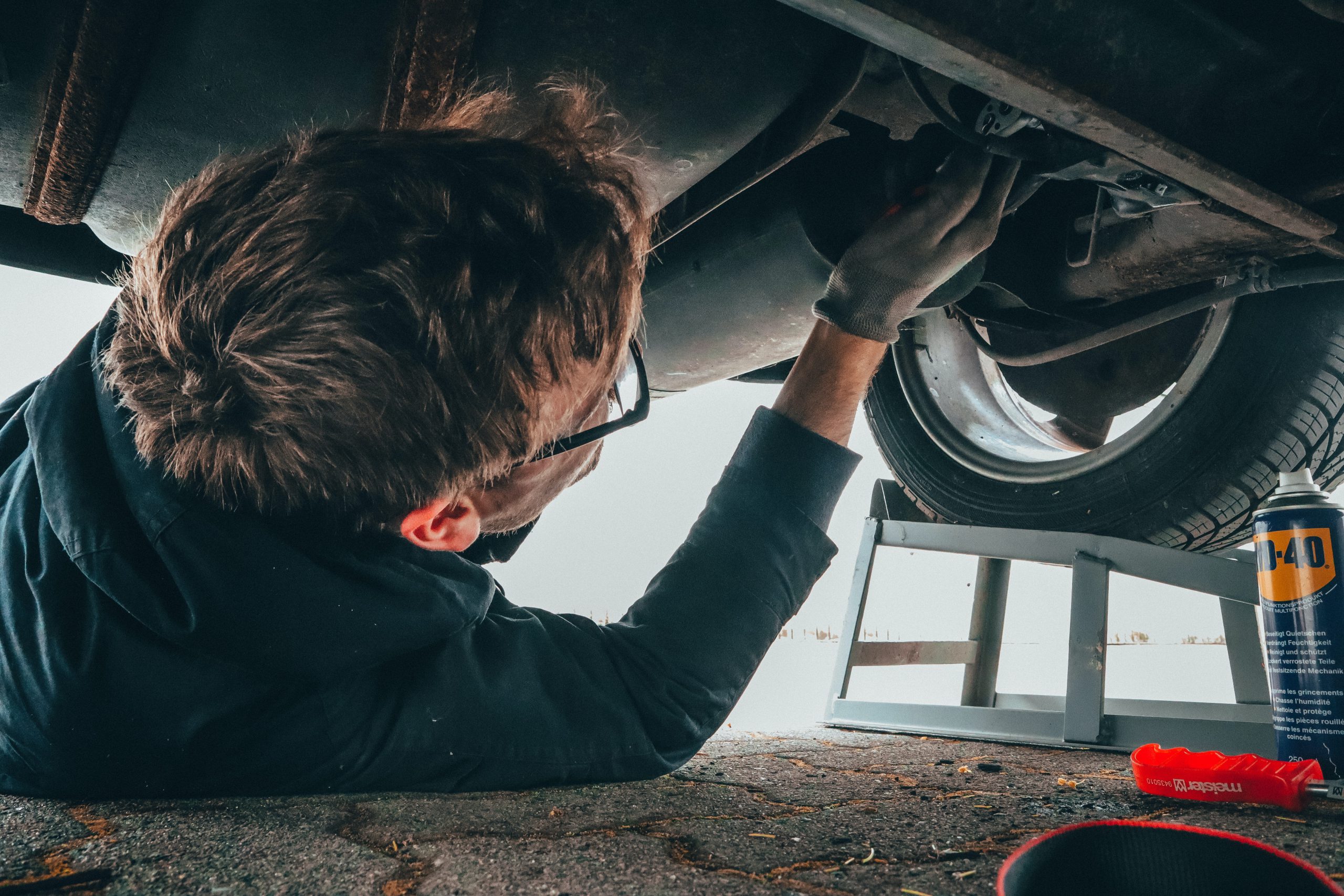
Frank van den Bosch about communication within Amsterdam UMC during corona times: “The hospital became a completely different hospital in no time”
The corona crisis has turned the work of many people upside down. Also that of Frank van den Bosch, director of communications at Amsterdam UMC. After a turbulent first wave, his hospital is on the front line of the second wave. We spoke with Frank about the nature of communicators, chronic ones crisis communication and the effect of an empty hospital.
How did your work change during the corona crisis?
“The world changed for us before March 13. It was already a turbulent period due to the reorganization of the two communications departments at the VUmc and AMC locations, and the election of a new communications director for the entire Amsterdam UMC. These were strange days: on the last Friday of February there was a boom in media attention, because the second Dutch corona patient was an employee of our hospital. The following Monday it was announced that I had been appointed as the new communications director. And on Tuesday, the Crisis Policy Team of Amsterdam UMC and the associated crisis communication started. The collaboration between the two departments went very well, perhaps helped by this intensive period. Everyone showed flexibility and a lot of commitment. Communication people are at their best when it comes to 'the real thing': they live on food, drinks and adrenaline. In addition, the work of the communications colleagues was so visible during this corona time that it was an intrinsic reward for their work.
And then there will be an intelligent lockdown. What was that like for you?
“The lockdown in the Netherlands was very strange for the hospital, because it created a division. Two floors above us, people were fighting incredibly hard for the corona patients, while the rest of the building seemed deserted: very occasionally you could see someone walking in the distance. It was surreal to walk around an empty hospital where thousands of people normally work and visit. The communications department had to work hard during the lockdown. Here too you saw this division: a quarter of the employees worked around the clock in the hospital, the others (with young children, for example) worked manfully from home. Very striking: people who worked from home had a harder time with the lockdown than people who worked in the hospital.”
How do you, as a communications department, deal with all these rapid developments?
“Amsterdam UMC was the center of attention during corona times – just like all hospitals. However, external communication had to take a back seat; information about safe care, personal protective equipment and the virus changed continuously. We were equally focused on informing our healthcare staff, patients and visitors quickly and properly. For example, with instructional videos on the use of mouth-nose masks or videos for families of admitted patients. Because protocols changed often, we had to deal with constantly changing information. In the beginning it was mainly about getting information into the institution. You could see that the news provision shifted over time. First the emphasis was on practical, necessary information. But you soon saw how great care providers were doing: so information was provided about helplines with specialized care. Or we pointed them to peer groups. In the subsequent phase, we focused more on a large proportion of employees and students who were at home, who were in danger of losing touch with 'their' hospital and colleagues. This is how we came up with the idea of a weekly video journal in which we took them into the bizarre reality of a hospital in times of corona. . The Board of Directors regularly organized online meetings, with questions and answers, but also with atmosphere descriptions. Everything was aimed at ensuring that you maintain the bond with employees.
If you work in a hospital, you are used to crisis communication. For example, when dealing with victims of disasters or internal calamities, such as the flooding at the VUmc location five years ago. It's very intense, but you know it will be over soon. It is usually a manageable time, but in recent months it has become a chronic crisis communication. We were not used to that yet and we have no idea when this will be over.”
How is your department prepared for the second wave?
“Now that we have entered the second wave, the department is ready. The course of events is known, the communication landscape has been set up. The resources, the processes, everything is now routine. A hectic routine, to be sure. The employees are now also used to the alternation of working from home and working in the UMC, which also makes it easier. In this second wave, Amsterdam and the North Holland-Flevoland region are the North Brabant of the first wave. We are now more involved with the media. The work is tougher for other groups of employees: now that they know what awaits them, it is very difficult for nurses to know that they will soon have to wear protective clothing all day long with splash goggles and tight-fitting masks. And sometimes lastly, holding the hand of a patient who doesn't make it. This has had a major impact on them in recent months. A communications department is then really further from the fire.
People want to work hard in this hospital and everyone realizes even more the importance of our work. Employees at Amsterdam UMC are aware that they work in an institution that matters. And that applies to us too. The communications staff have received quite a few compliments and we noticed that we matter. The communications department is seen and appreciated. That is motivating.”
Finally, what has been your biggest insight lately?
“For me, the biggest insight of the past few months was that the hospital, which I always saw as a tanker that could with great effort be able to turn a degree or two or three, behaved like a slender speedboat in times of crisis. It is able to take a completely right-angle turn in no time. In just a few weeks, Amsterdam UMC was transformed into a completely different hospital, with completely different patient care, with different ICT, newly designed departments, different teams and a completely different care approach. It was really an eye opener for me. In my opinion, this is only possible because there are such great, passionate professionals around. Also in my department and I am very proud of that.”


